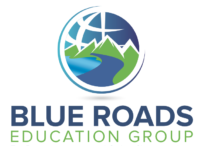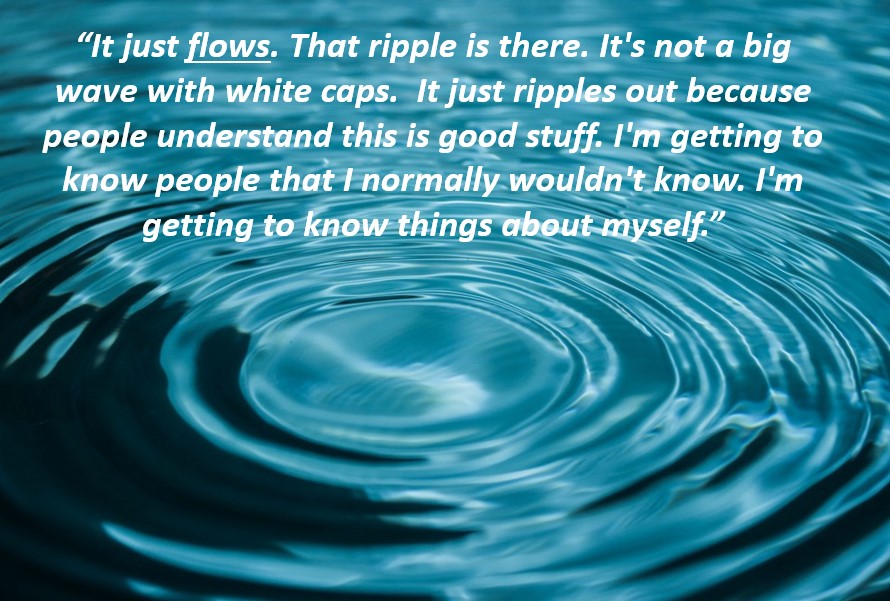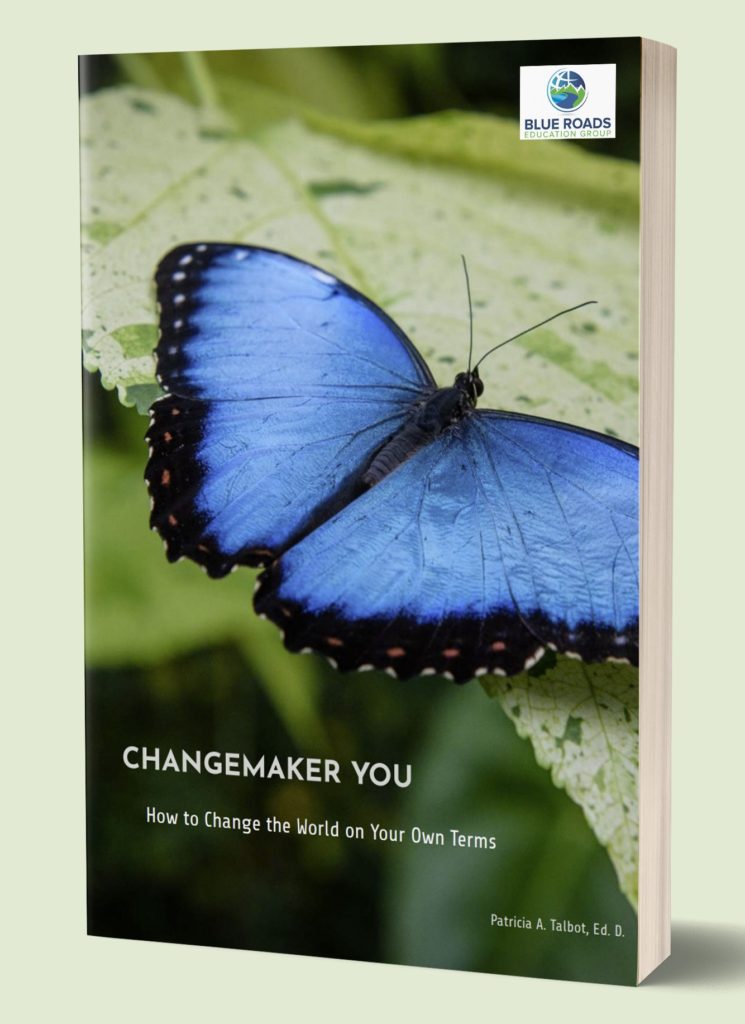This is the final episode of four from my conversation with Changemaker Penny Franklin. You’ll want to be sure you caught the first three parts where she talks about her work with people across differences to create homegrown solutions to racial injustices in her community. In this last piece, you will hear Penny talk about the “ripple effects” of this work that are starting to radiate outward to communities beyond Montgomery County, Virginia. She also speaks to the great importance of keeping young people engaged in the efforts that will need attention for years to come.
Penny begins this portion of the conversation expressing amazement at how change happens and how people become deeply engaged in the work. She marvels at the way African American people in her community have steadily begun to have more of a voice.
“There were people who I've known and worked with and they did not feel they had a voice. Now, they have a voice, and they will talk about how being engaged with the Community Group and with the Dialogue on Race has given them a space and the outlet to be able to share how it feels for them to be here in Montgomery County.”
As the voices of local people began to be heard, word spread about what was going on. Others began to take notice. Visitors came from Roanoke, Franklin County, Fredericksburg and other parts of Virginia, North Carolina and beyond asking questions like,
“How does that work? How does that happen? How do you engage the local governing bodies? How do you keep bringing in all these people and having these conversations?”
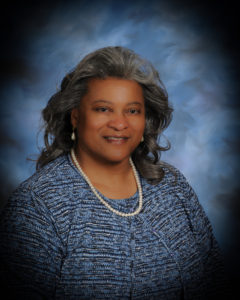
Penny’s answer is this.
“It's because of those calm ripples and people speaking to other people and understanding we're not here to beat up on people. We're not here to call people out … not that I have a problem doing that… It is just because we're here to make a change.
Penny wants to be clear that this work with The Community Group and the Dialogue on Race is about the needs of the African American community specifically. She believes that it is important to remain intentional and unapologetic for this focus and not allow it to be “diluted” with other, albeit important, efforts. When she is asked why the group isn’t also working on the needs of native peoples, or Latino people or women, she acknowledges the dilemma, but maintains that there are needs and conversations on behalf of the African American population that have not yet been fully addressed.
“Because we live here in Montgomery County and we're in an African American group, our focus is the African American community. The whole idea has always been if other races of people or other groups of people want to understand how we’ve done this, we love to have those conversations to keep those ripples going, but I believe it is very, very important that it happen among those groups.”
Penny had the honor of being included in a Fellowship with the Kellogg Foundation focused on racial equity and healing. The national cohort included 25 people from all over the country. In that group she learned things that sometimes keep her awake at night, things like the mistreatment of native peoples, Latinos and many others. She is comforted to know that there are groups working hard to rectify and heal those wounds using many of the same strategies she advocates here in Montgomery County. She’s glad there are groups of people committed to these other issues.
Still, the Community Group and the Dialogue on Race must remained focused on the needs and voice of the African American community so that those issues continue to be seen for what they are.
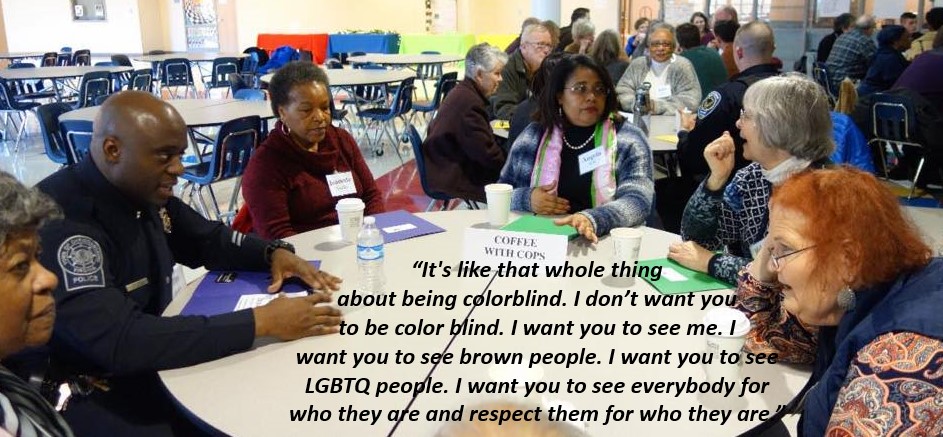
Her professional and personal lives are illustrations of the ripples of her leadership as well. As the only woman voting member of the Executive Council of her international labor organization, she uses her voice to help make decisions about inclusivity of all perspectives and needs in the workforce as well.
Likewise, she models her expectations for involvement with her own grandchildren. While’s she’s glad that young people are having a different experience with more opportunities, she’s concerned that work to bring about social justice and equality could be lost if taken for granted.
“A lot of our young people believe that this is the norm. They think this is just the way life is and we're entitled to it. I believe the Black Lives Matter movement helped shake some things up to help folks understand. There's so much stuff going on around you and just because your life is a little ‘comfortable’, you cannot sit and not make sure that everybody else around you is having access to the same things. We have to make sure we're educating our children as African Americans and that we're telling our stories… Going back to my mother and my grandmother, understanding how they stood up and how they made sure things were better.”
She teaches these lessons to her own children and grandchildren reminding them of how important it is to continue with vigilance and outspokenness to make things right and keep them right. Like Penny’s own mother, they need to remember to ask, “Who said so?”.
Penny wants to assure that all African American children are unapologetic for who they are and they understand the history that came before them. While the demographics of the country are changing in positive ways, progress could easily be lost without ongoing attention and intention.
Fear of those changes “is leading to trying to push things back. They have to be vigilant and they have to make sure that they are speaking truth to power. Questioning, educating themselves and sitting at the tables where discussions are happening.”
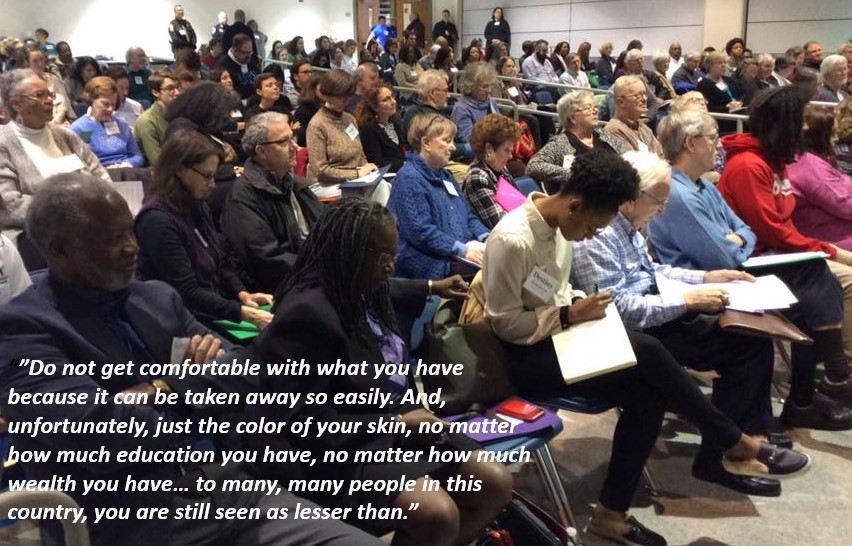
“When they're at Grandma Penny's house, they understand, we watch the news. We have conversations about Donald Trump. We have conversations about unions. We have conversations about what it used to be like for Grandma Paige.”
“We need to stop worrying about what house we have, what kind of car we're driving. My daughter gave me a bumper sticker many years ago that says, ‘It won't matter what house you live in. It won't matter what job you have. It won't matter what car you drive. What will matter is how you raised your kids.’ So with all the stuff that our children have to deal with these days, we need to make sure we're helping them understand you matter and you have to play a part and moving our people and our country forward.”
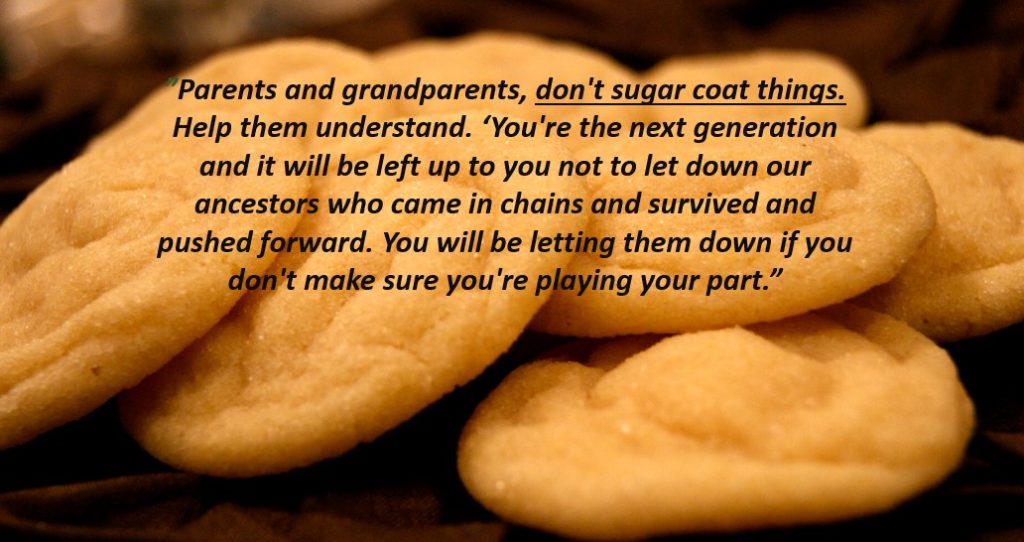
“Unless there's something that starts that ripple, everything stays just like it is. Everything looks nice and glossy until something disturbs them.”
“ It has been such a blessing to be able to do this work and see how it improves and affects other people to do the work.”\
Penny says she’s very much looking forward to retirement so that she can continue this work fulltime. Even better would be to win the lottery so she could “give away a lot of money and then do this work full time”. On her marker when it is time for her to leave this earth, she wants the dash between the dates of her birth and her passing to represent these words, “She helped somebody.”
Yes, Penny. You’ve helped a lot of “somebodies” and I am fortunate to count myself among them. Thank you for your work to bring people together in our community. Thank you for insisting that we talk and learn from one another. Thank you for making important change happen.
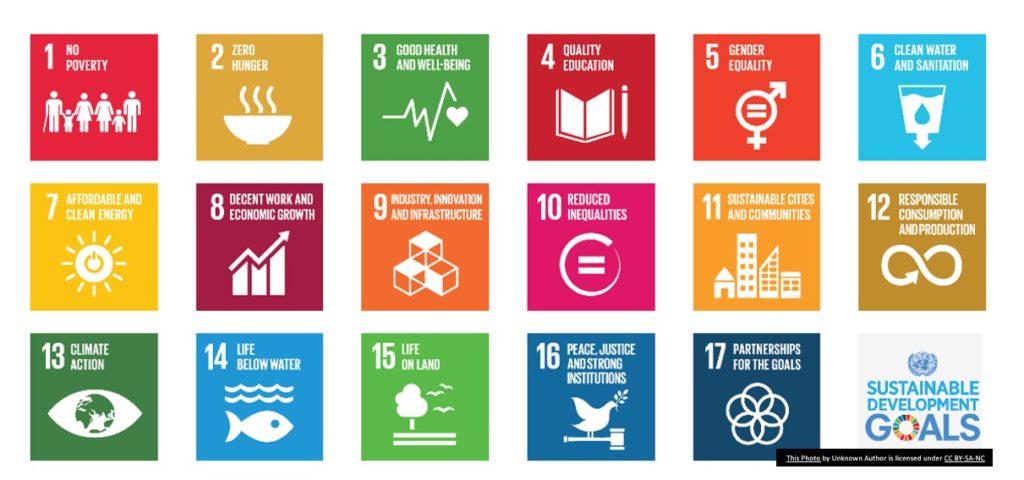
Penny Franklin doesn’t specifically speak of the United Nations Global Goals when she talks about her work for racial justice in her community. If you listen to her story though, you’ll see as I do that it is quite apparent she has worked for years on Goal #4 Quality Education, Goal #8 Decent Work and Economic Growth, Goal #10 Reduced Inequalities, Goal # 16 Peace Justice and Strong Institutions and Goal #17 Partnerships for the Goals. Take a look and let me know if you see others apparent in her work. Take another look and see if you can find yourself in the Global Goals.
Learn more at https://sustainabledevelopment.un.org/ We'd love to hear from you! Get in touch with the form below.
Podcast: Play in new window | Download
Subscribe: Spotify | iHeartRadio | Email | TuneIn | Deezer | RSS | More
